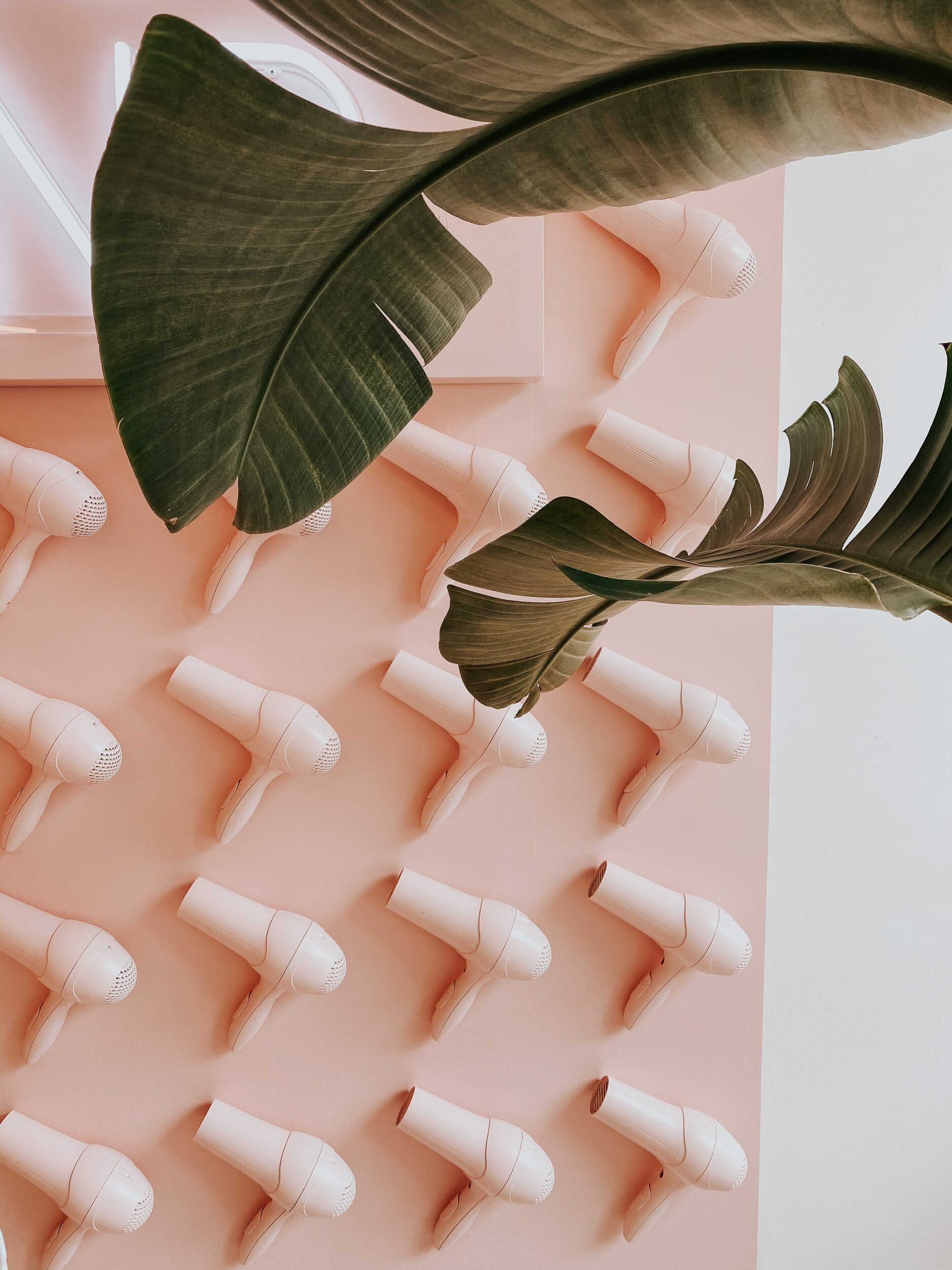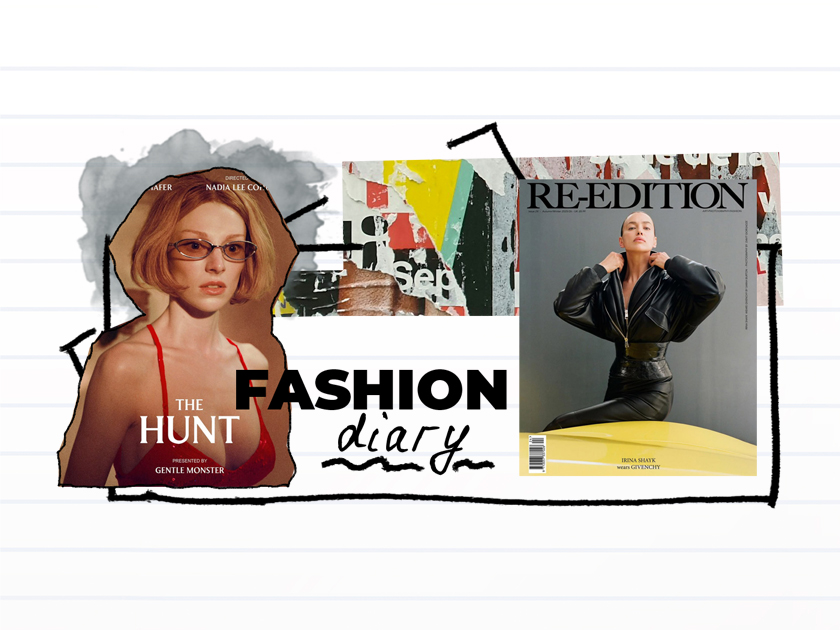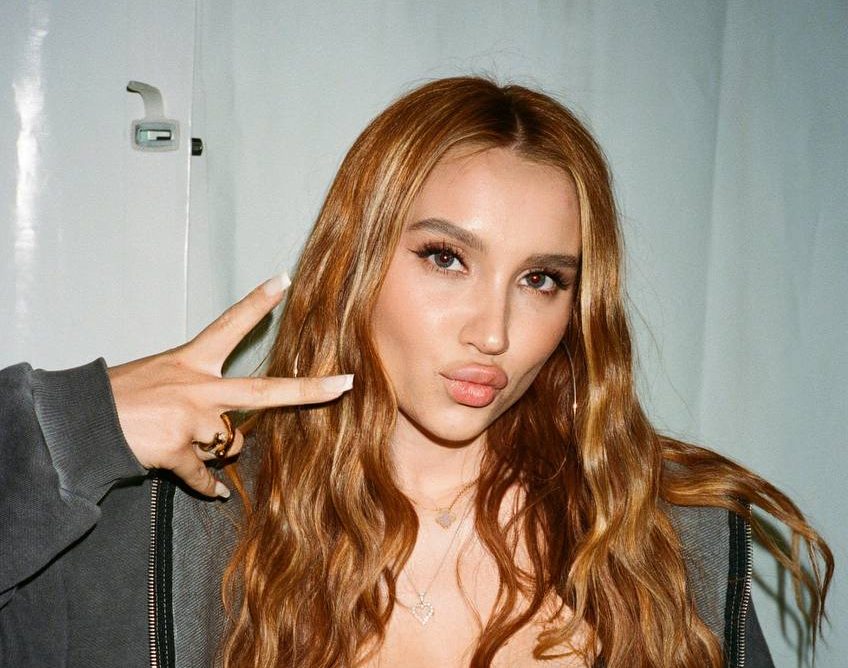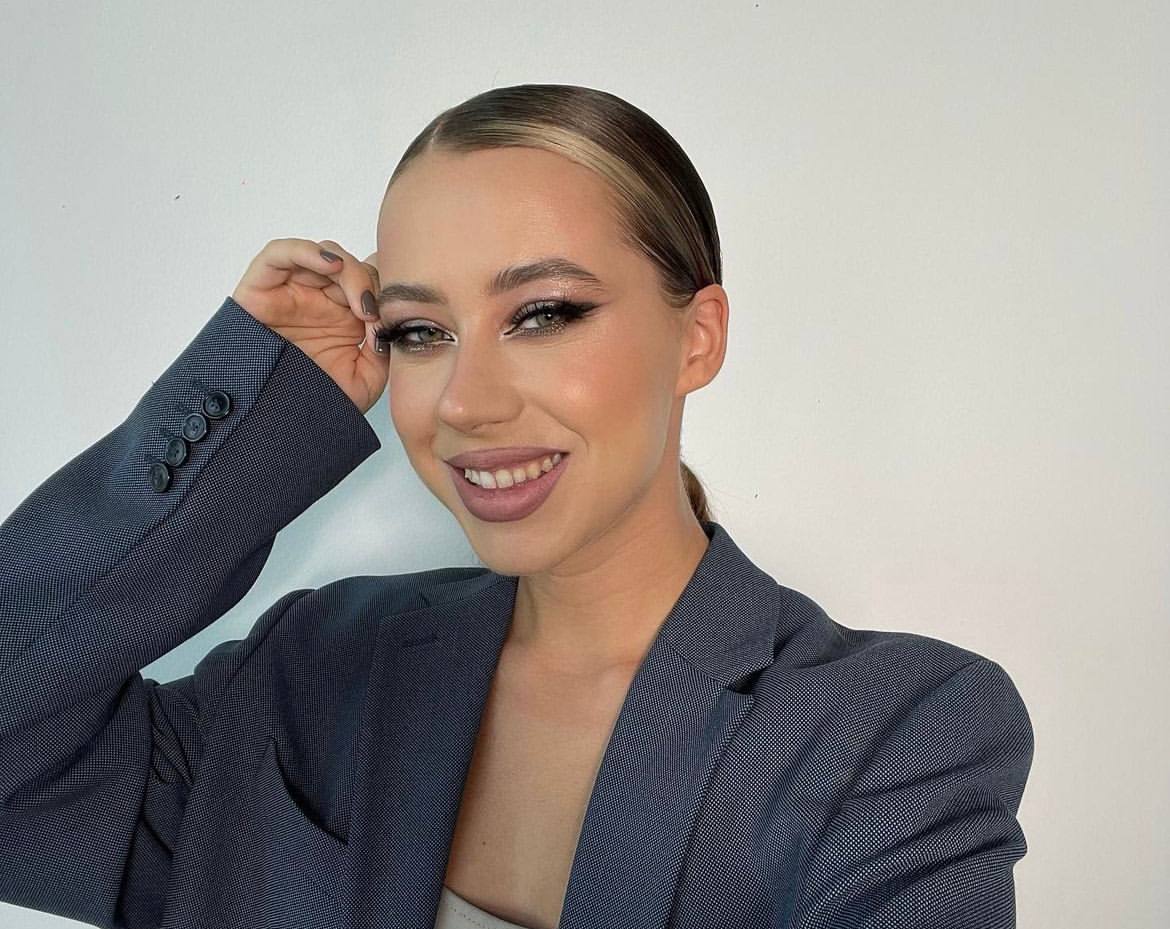“Which letter are you in LGBT?” “, Asks a stranger in his sixties to a young woman sitting on a bench in a Parisian park, immediately after assuring her that she was“ very androgynous ”. The source of her trouble: her short boyish hair. A cut born from a women’s emancipation movement in the 1920s.
At the time, short hair undermined the notion of gender differentiation and broke the taboo of female homosexuality. A century later, as this look has become more popular, society still seems not to get used to it. The indiscretion of this unknown is far from an isolated case.
Short hair, “she’s a lesbian”
On a whim, Claire * cut her hair a few months ago. “In my family, a boy has short hair and a girl has long hair. Cutting them was recognizing that I am doing what I want with my life ”. Her emancipatory approach was purely aesthetic, yet a member of her family did not fail to ask him “When are we going out? “.
While she had wanted it since her high school years, Camille * waited until the age of twenty-four before shaving her head. Her parents’ views have evolved since then, but she says, “At the time they didn’t want me to cut my hair because she ‘she looks like a lesbian’.”
I have never been called this young since I had short hair. Even once in a skirt and made up!
Hill
“It doesn’t bother me at all that it has a queer connotation, it suits me,” observes Hanna from her side. But my haircut is not a standard for people to recognize me ”. Whatever the reasons that prompted her to cut her hair, the image that society projects of her remains the same. “One day, coming out of the supermarket, a man asked me how to make love between women”.
A few inches less hair and young women seem to be moving away from the femininity that patriarchal society expects of them. “I have never been called so young since I have short hair, assures Coline, who got her hair cut for the first time in 2015. Even once in a skirt and makeup! “.
Stereotypes maintained by hairdressers
If these stereotypes are still so prevalent in society a hundred years after the boy’s haircut was popularized, it is because they are maintained by the hairdressing salons themselves.
When they decided to have short hair, Hanna and Camille, like many young women, sometimes had to negotiate to get the cut they wanted. “My hairdresser is used to styling grandmothers with short hair, explains Camille. But, I’m 24, when I showed her what I wanted, she refused to cut them so short ”.
Combating gender tariffs
Salons do not fail to remind women with short hair of their femininity by charging them a high price. That of misogynistic comments, but above all the one exposed in the windows, often much higher than the price charged to men.
To combat these gender tariffs, a dozen hairdressers and hairdressers gathered within the collective Wrestling hairstyle in 2021. It would like to create a map of gender neutral trade shows.
Among its members, Vic cuts his clients’ hair at free prices under the name Queer Chevelu. With a militant, queer and feminist approach, Vic addresses stereotypes by letting his scissors obey requests. “I think for people who aren’t interested, it seems like a pretty trivial problem, but for the people I see on a daily basis, getting the haircut they want can really change their life.”
Women who want to take the plunge and say goodbye to their long hair are numerous among her clients. Vic says: “Some people are afraid of going to classic salons. It is not normal for them to receive comments based on homophobia, transphobia or just plain gross misogyny ”. In her eyes, many people’s outlook on society could change if the profession were questioned. “They would be permanent mini-revolutions in daily interactions.”
The boy’s cut, a feminist act
“For me, there was really this feminist approach,” Camille points out. Say ‘my hair doesn’t belong to you!’ ”A feeling of emancipation similar to that described by Claire. While society would have her believe that short hair is masculine, she feels quite the opposite: “I feel more feminine, I feel much better about myself, I feel beautiful. “
It may be time for the flapper struggle of the 1920s to allow all these women to no longer be objects of curiosity. And why not, to let him spend a quiet afternoon on a bench.
Cover image: Unsplash / Tessa Wilson
Source: Madmoizelle
Ashley Root is an author and celebrity journalist who writes for The Fashion Vibes. With a keen eye for all things celebrity, Ashley is always up-to-date on the latest gossip and trends in the world of entertainment.





